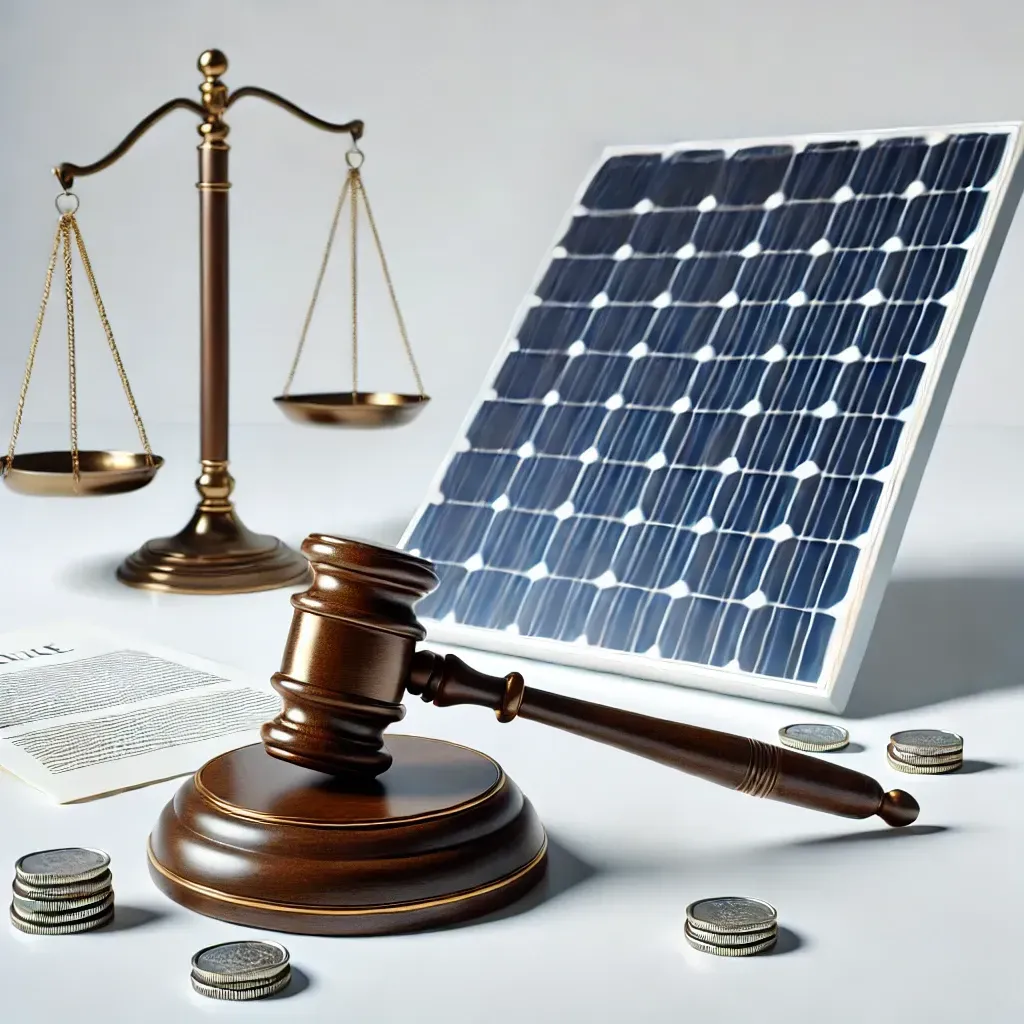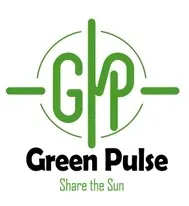Solar Blog

Key court ruling classifies residential solar systems as consumer goods, ensuring better lien protection
Court Decision Clarifies Residential Solar Systems as Consumer Goods, Not Fixtures
Key court ruling classifies residential solar systems as consumer goods, ensuring better lien protection

A recent court ruling has significant implications for the residential solar industry, particularly in how solar systems are classified for financing purposes. In the case In re Evans, the United States Bankruptcy Court for the District of New Mexico determined that a residential solar system is a "consumer good" rather than a "fixture" of the house it is attached to. This distinction is crucial for solar finance companies, as it influences how liens on the systems are treated under the law.
If a solar system were classified as a fixture, its lien would be subject to real estate laws, potentially making it unenforceable or subordinate to mortgages on the property. However, by classifying the system as a consumer good, the court affirmed that the lien falls under the Uniform Commercial Code (UCC), which offers a clearer and more straightforward process for securing and protecting the finance company's interests.
The court's decision hinged on three key factors: annexation, adaptation, and intention. The court found that the solar system was not permanently attached to the house, was not adapted to serve the purpose of the roof, and that the loan agreement explicitly stated the system was not intended to be a permanent part of the home. This clear intent by both parties led the court to rule in favor of the system being classified as personal property, similar to furniture or appliances, rather than a fixture.
This ruling serves as an essential reminder for developers and financiers in the residential solar industry. The clarity of contractual language is critical in ensuring that solar systems are classified as personal property. Any ambiguity in the contract, like conflicting provisions found in this case, can pose risks to the lender’s security interests. Therefore, this decision highlights the importance of drafting clear and unambiguous contracts to protect the rights of all parties involved in the financing of residential solar systems.
This case sets a precedent that could shape future rulings and offers valuable insights for structuring solar agreements moving forward.
Office:
20 F Street NW STE 781, Washington DC 20001
Call:
1-844-240-9988
Email:
Site:
www.greenpulsedynamics.com

